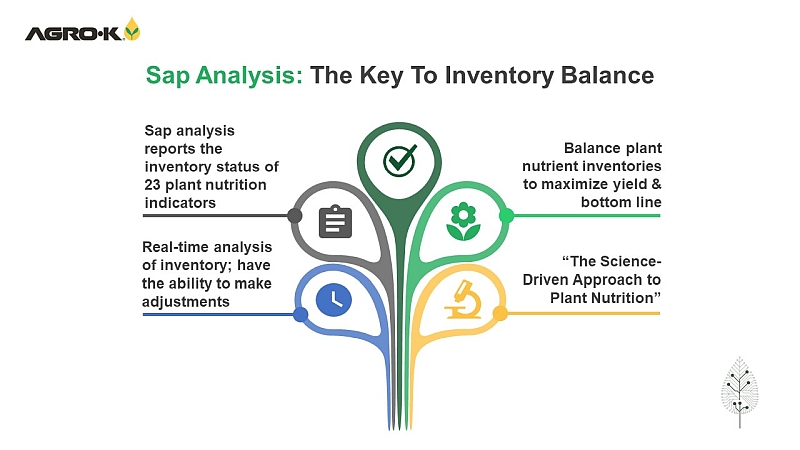Clean Water Conundrum: Ditch The Rule Or Ditch The Myths? [Opinion]
 A little something I’ve noticed coming out of Washington, DC, in recent years is sort of a snarkiness aimed toward anyone outside the Beltway who raises a voice of opposition to new laws or regulations. It is like a teacher patting a student on the head and telling him to go sit in the corner because he’s just not smart enough to comprehend the policy wonkiness of federal governance.
A little something I’ve noticed coming out of Washington, DC, in recent years is sort of a snarkiness aimed toward anyone outside the Beltway who raises a voice of opposition to new laws or regulations. It is like a teacher patting a student on the head and telling him to go sit in the corner because he’s just not smart enough to comprehend the policy wonkiness of federal governance.
There’s a fine example of this going on right now as EPA and the Army Corps of Engineers seek to redefine the term “waters of the United States” in the Clean Water Act. The proposed change is up for public comment until Oct. 20, 2014.
Opposition groups raised the alarm, saying the rule change could put ditches on farms under the jurisdiction of the Clean Water Act. The American Farm Bureau has even mounted a campaign called “Ditch The Rule” (DitchTheRule.fb.org). For you Twitter followers, it’s #DitchTheRule.
EPA has countered with reliable DC sarcasm, saying the Farm Bureau is trying to trick you into believing the government wants to take more control over your property rights. In fact, EPA insists this rule change is intended to help growers by clarifying the definition and cutting red tape. They even countered with their own Twitter campaign #DitchTheMyths (www2.epa.gov/uswaters/ditch-myth).
I’ve not read all of the 88-page proposed rule. Nor, like most of you, am I a lawyer, which is helpful in making out the legalese in these rules. So, here I am having the Farm Bureau telling me one thing and the EPA telling me I am a fool if I believe them. When EPA started Tweeting #DitchTheMyths, I asked the Farm Bureau if they intended to reply. Boy, did they ever, taking on point-by-point EPA’s alleged myths. Let’s start with the EPA Tweet illustrated here.
Farm Bureau responds: While the rule would not categorically regulate all puddles, it would regulate low spots that puddle often enough to meet the broad definition of “wetlands” if those low spots are in a “floodplain” or a “riparian area” or if they, combined with other low spots in the region, have a “significant nexus” to any other “waters of the U.S.” Clear as mud, right?
It used to be that new laws or regulations were more straightforward and would fit on a few pages of paper. Today, new laws fill hundreds of pages and there’s a lot of “The Secretary/Administrator shall determine …” language in the legislation. That means Congress is not really writing the laws anymore — unelected regulators are making the rules that we must live and work under.
Have we as a people become so much more complicated that what once could be communicated on a few pages now takes hundreds? Or, is it those DC-insiders want to keep their good gig going by justifying their existence with more and more regulations?
In the case of EPA’s definition of “waters of the USA,” I encourage you to read both sides of the argument. I will leave it to you to decide which side is being more truthful. But, perhaps this question might be instructive in your decision. Which organization has historically made it easier for you to farm — the EPA or the American Farm Bureau?










